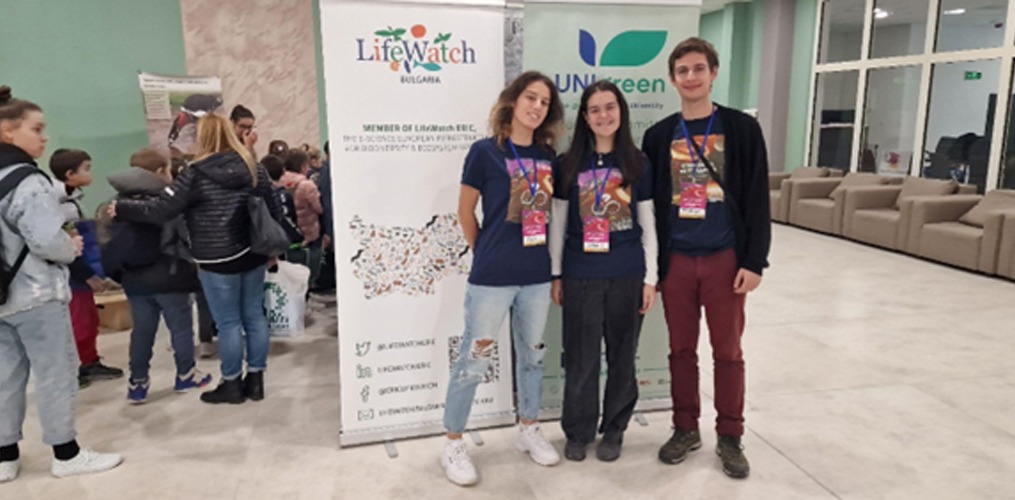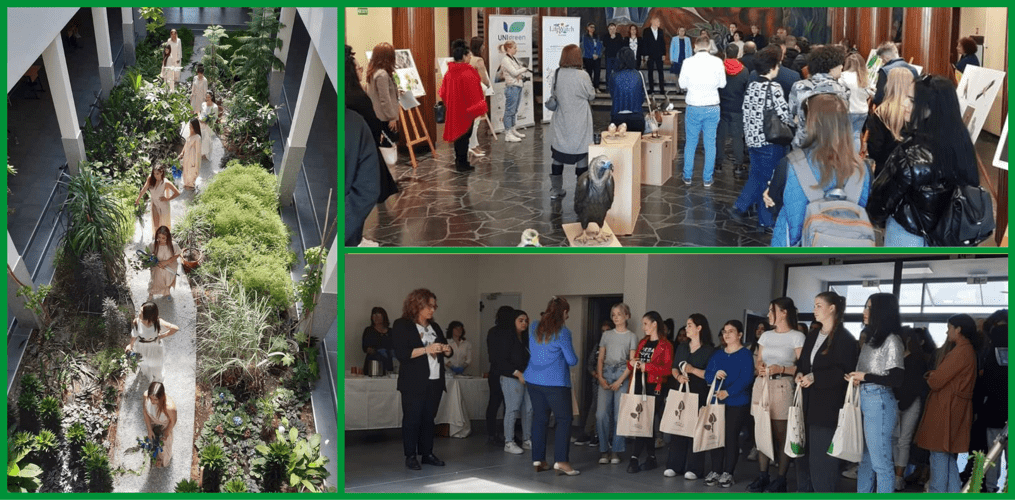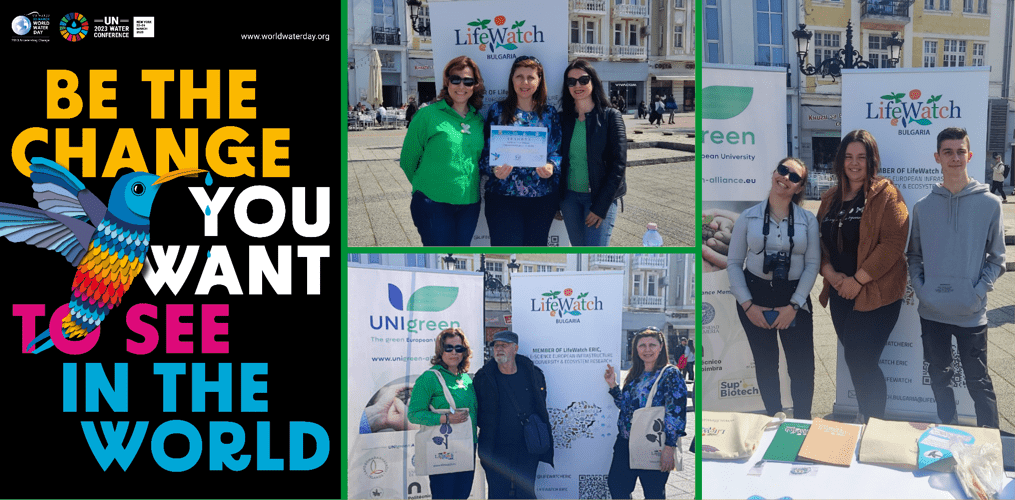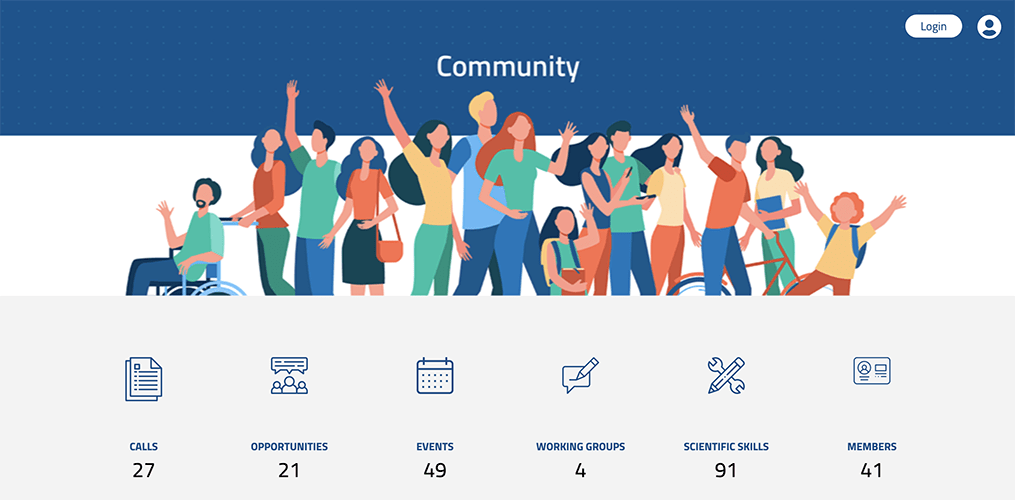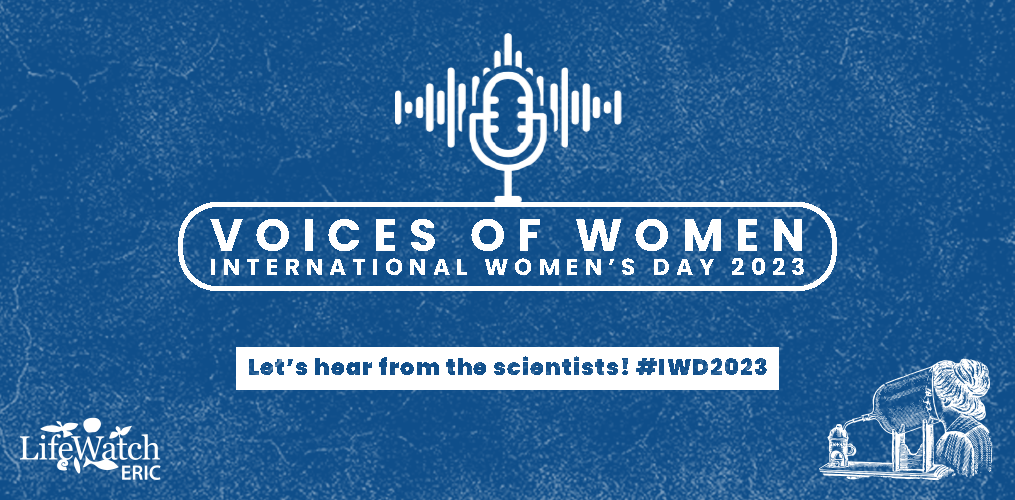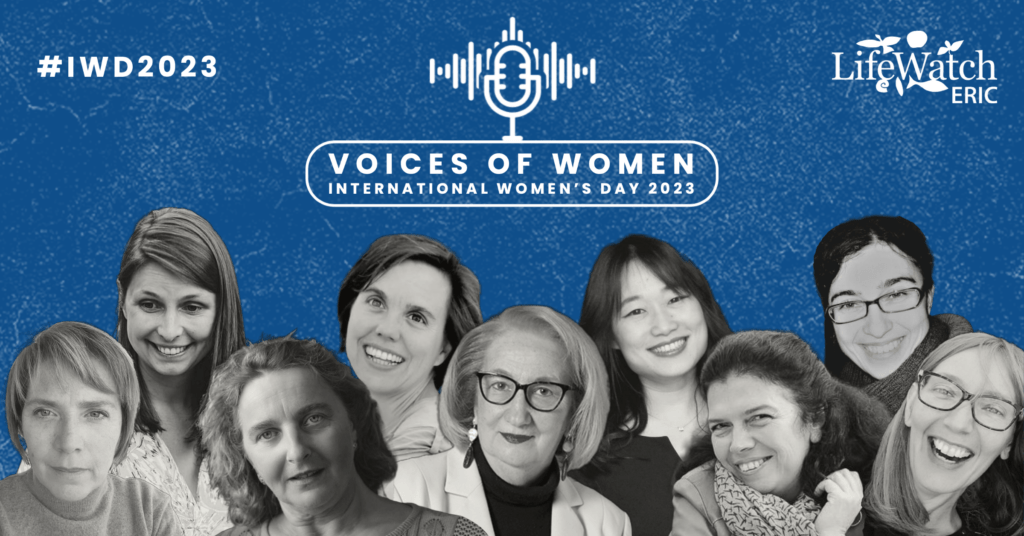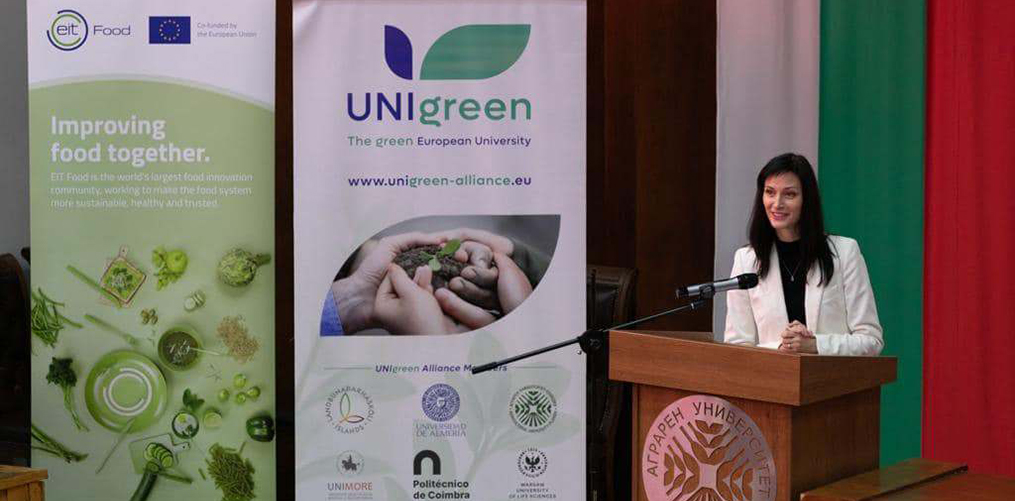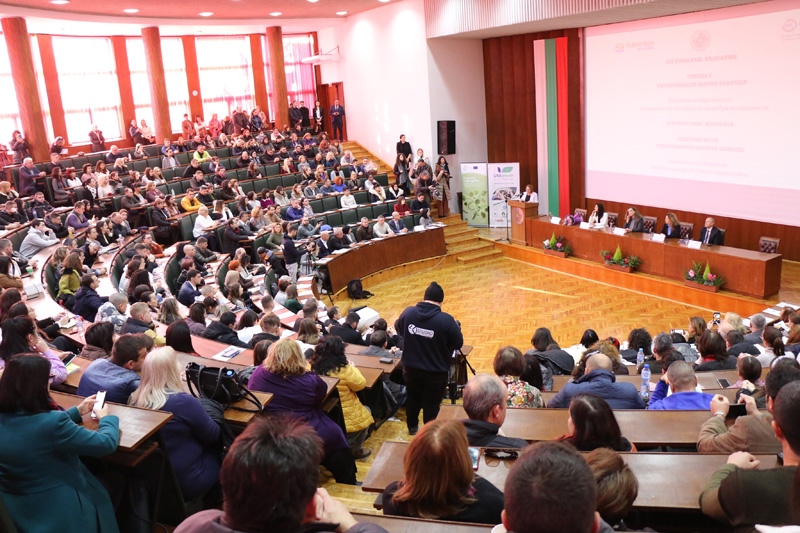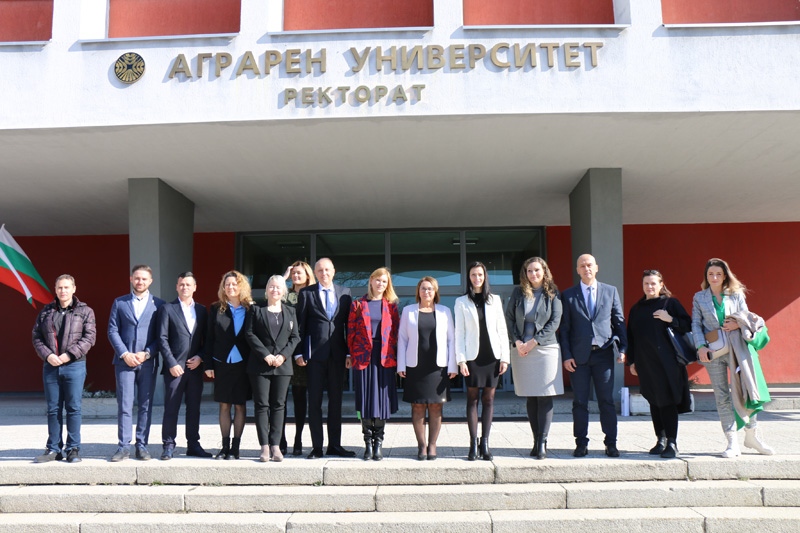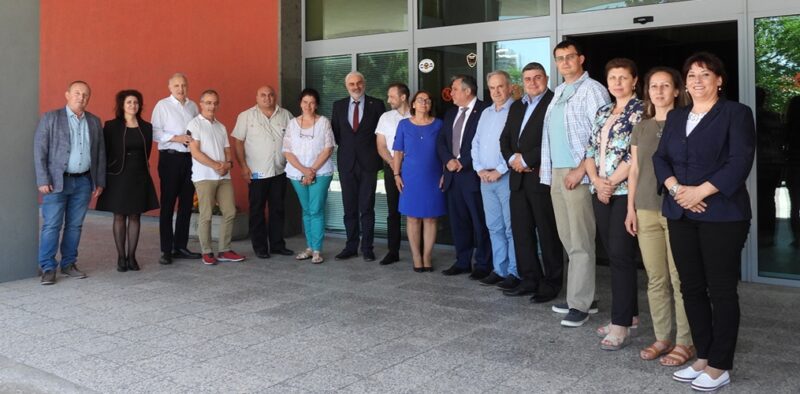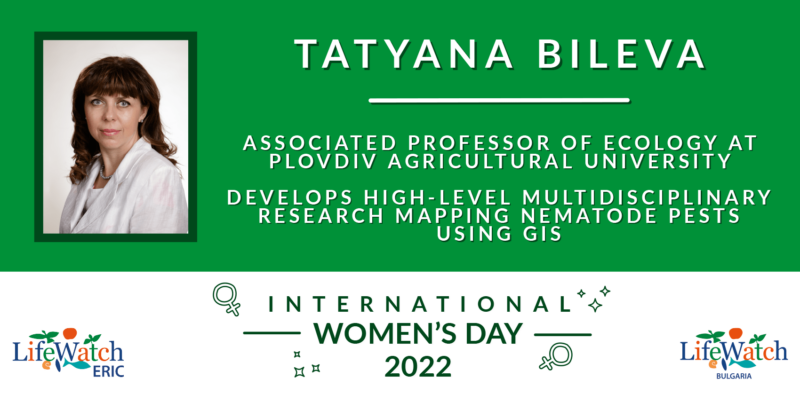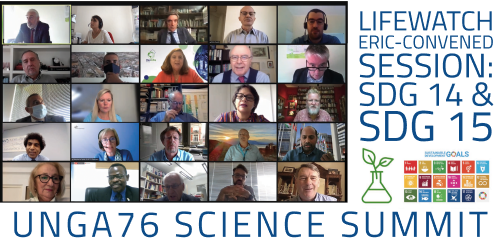On 1 October 2021, LifeWatch ERIC had the privilege of convening a session of the 76th UN General Assembly Science Summit*, dedicated to SDG 14, Life below Water, and SDG 15, Life on Land. LifeWatch ERIC CEO, Christos Arvanitidis, and CTO, Juan Miguel González-Aranda, convened the event, which featured experts from all over the world, speaking in keynotes and sessions. An interdisciplinary and cross-domain approach is crucial to achieve the SDGs by 2030, and this was reflected in the choice of speakers: policymakers, researchers, doctors and social scientists, whose range of perspectives and expertise was well-received by the audience.
After the introduction, the first topic of discussion was on SDG 14, Life below Water, then on SDG 15, Life on Land, before moving on to examine approaches key to the achievement of the 2030 SDGs, such as strengthening international collaboration, pursuing transdisciplinary approaches and modes of capacity building. Recurrent hot topics included the increased use of e-Biodiversity tools, in particular remote observation, in fighting the biodiversity crisis, along with indigenous knowledge. Finally, speakers pondered issues to tackle at UNGA77 in September 2022 and opened up the floor to participants, who brought yet more unique perspectives to the table.
CTO Juan Miguel González-Aranda summarised his main takeaways from the event:
“Integrating e-Biodiversity and sustainable ecosystem management makes us stronger. Goals 14 and 15, along with all the SDGs, can be accomplished when we base our efforts on scientific evidence, FAIR data and FAIR services. We must work hand-in-hand across sectors, without leaving anyone behind, integrating indigenous knowledge into our approach and following the motto thinking globally, acting locally. Finally, we must be conscious that data by itself is not enough; it must be transformed into information, evidence, knowledge and innovation, combining the outcomes of both Green and Digital Agendas in order to create tangible Green Products together.”
Click here to watch the full session on YouTube.
*Coordinated and moderated by ISC, the UNGA76 Science Summit is taking place from 14 September – 14 October, its central aim being to raise awareness of the role and contribution of science to the attainment of the SDGs. Please see our previous news item for more information.
Speakers in order of first appearance:
Mr Declan Kirrane SSUNGA76 Organiser
Dr Christos Arvanitidis LifeWatch ERIC CEO
Ms Jyoti Mathur-Filipp Director of the Implementation and Support Division at the UN Secretariat of the Convention on Biological Diversity, Canada
Dr Ciara Leonard University College Dublin, Public Affairs Manager, UCD Research and Innovation; Moderator, Ireland
Dr Alberto Basset Interim Director of Service Centre, LifeWatch ERIC, Lecce, Italy
Dr Manuel Delgado-Baquerizo University Pablo de Olavide, Seville, LifeWatch Spain
Mr Michel Massart DEFIS, European Commission, Belgium
Dr Peter Heffernan UN Oceans Ambassador; Member, EU Mission Board: ‘Healthy Oceans, Seas, Coastal & Inland Waters’ Ireland
Prof. Mike Elliott University of Hull, UK
Dr Stephanie Splett Deutsches Zentrum für Luft- und Raumfahrt, Germany
Prof. Eric Ruuth Scientific Coordinator, IMIBIO, Argentina
Ms Inmaculada Figueroa EU-LAC ResInfra: Towards a new EU-LAC partnership in Research Infrastructures. LifEuLAC pilot
Prof. Javier Castroviejo-Bolívar Amigos de Doñana, Spain
Prof. Antonio Micha Director-General of the National Institute for Environmental Conservation INCOMA, Malabo, Equatorial Guinea
Dr Shirish Ravan Head, Beijing Office, The United Nations Platform for Space-based Information for Disaster Management and Emergency Response (UN-SPIDER) Programme of the United Nations Office for Outer Space Affairs (UNOOSA) Vienna, Austria
Dr Juan Miguel González-Aranda LifeWatch ERIC CTO, ICT Core Director and ERIC Forum Executive Board Member
Mr Stephen Peedell Knowledge for Sustainable Development and Food Security, Joint Research Centre European Commission, Belgium
Prof. Vladislav Popov Agriculture University of Plovdiv, LifeWatch Bulgaria
Dr José Manuel Ávila-Castuera LifeWatch ERIC AgroEcology Officer
Patrick Worms, the Centre for International Forestry Research and World Agroforestry CIFOR-ICRAF
Ms Africa Zanella, Director Centre for Sustainability and Gender Economics (CSGE), Australia-Spain
Dr Milind Pimprika Founder and Chairman CANEUS International, Centre for Large Space Structures and Systems
Dr Murray Hitzman iCRAG, Ireland
Dr Akhilesh Gupta Senior Adviser, Policy Coordination and Programme Management Division Dept of Science and Technology, India
Dr Lino Barañao Argentina
Kurt Zatloukal Medical University of Graz

